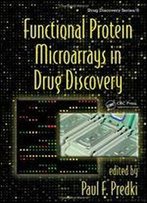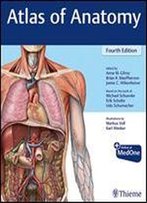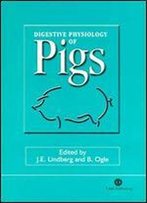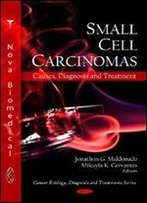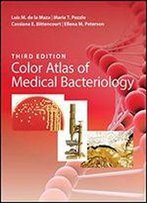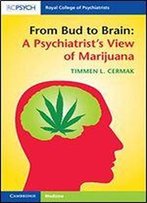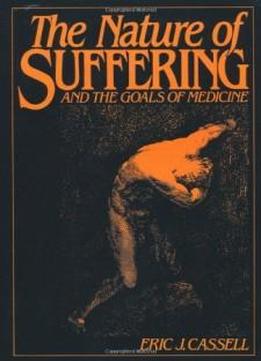
The Nature Of Suffering And The Goals Of Medicine
by Eric J. Cassell /
1994 / English / PDF
17.4 MB Download
The Nature of Suffering
The Nature of Suffering underscores the change that is
taking place in medicine from a basic concern with disease to a
greater focus on the sick person. Cassell centers his discussion on
the problem of suffering because, he says, its recognition and
relief are a test of the adequacy of any system of medicine. He
describes what suffering is and its relationship to the sick
person: bodies do not suffer, people do. An exclusive concern with
scientific knowledge of the body and disease, therefore, impedes an
understanding of suffering and diminishes the care of the suffering
patient.
underscores the change that is
taking place in medicine from a basic concern with disease to a
greater focus on the sick person. Cassell centers his discussion on
the problem of suffering because, he says, its recognition and
relief are a test of the adequacy of any system of medicine. He
describes what suffering is and its relationship to the sick
person: bodies do not suffer, people do. An exclusive concern with
scientific knowledge of the body and disease, therefore, impedes an
understanding of suffering and diminishes the care of the suffering
patient.
The growing criticism that medicine is not sufficiently humanistic
does not go deep enough to provide a basis for a new understanding
of medicine. New concepts in medicine must have their basis in its
history and in the development of ideas about disease and
treatment. Cassell uses many stories about patients to demonstrate
that, despite the current dominance of science and technology,
there can be no diagnosis, search for the cause of the patient's
disease, prognostication, or treatment without consideration of the
individual sick person. Recent trends in medicine and society,
Cassell believes, show that it is time for the sick person to be
not merely an important concern for physicians but the central
focus of medicine. He addresses the exciting problems involved in
such a shift. In this new medicine, doctors would have to know the
person as well as they know the disease. What are persons, however,
and how are doctors to comprehend them? The kinds of knowledge
involved are varied, including values and aesthetics as well as
science. In the process of knowing the experience of patient and
doctor move to center stage. He believes that the exploration of
the person will engage medicine in the 21st century just as
understanding the body has occupied the last hundred years.
The growing criticism that medicine is not sufficiently humanistic
does not go deep enough to provide a basis for a new understanding
of medicine. New concepts in medicine must have their basis in its
history and in the development of ideas about disease and
treatment. Cassell uses many stories about patients to demonstrate
that, despite the current dominance of science and technology,
there can be no diagnosis, search for the cause of the patient's
disease, prognostication, or treatment without consideration of the
individual sick person. Recent trends in medicine and society,
Cassell believes, show that it is time for the sick person to be
not merely an important concern for physicians but the central
focus of medicine. He addresses the exciting problems involved in
such a shift. In this new medicine, doctors would have to know the
person as well as they know the disease. What are persons, however,
and how are doctors to comprehend them? The kinds of knowledge
involved are varied, including values and aesthetics as well as
science. In the process of knowing the experience of patient and
doctor move to center stage. He believes that the exploration of
the person will engage medicine in the 21st century just as
understanding the body has occupied the last hundred years.


